If you read The 7 Biggest Skin Care Mistakes Of Your 20's you already know that I ranked skipping out on sun protection as numero uno when it comes to skincare sins.
The truth is, sun protection is essential at any age regardless of your skin's issues or condition. We've all heard sun protection is a must a bazillion times, but finding the right sun protection for your skin can be a challenging and frustrating test of patience and willpower.
Not all sun protection is created equal (there is a difference between sunblock and sunscreen) and what may be sufficient for our bodies may not work for our face.
Here, I'll attempt to demystify the difference between the two types of sun protection which are mineral and chemical sunscreens and the pros and cons for each to take some of the guess work out of finding the right SPF for you.
What is Physical Sunblock or Mineral Sunscreen?
Physical sunblock refers to sun protection formulated with mineral ingredients like zinc oxide and titanium dioxide. Once applied, these minerals work by sitting on top of the skin and physically blocking and reflecting UVA and UVB rays by scattering and deflecting them away from the skin like a mirror (hence the term sunblock). Physical sunblock or sunscreen is also referred to as mineral sunscreen.
Benefits of Physical ( Mineral ) Sunscreen:
- Protects from both UVA and UVB rays and its active mineral ingredients are naturally broad spectrum.
- Protects the skin immediately upon application, making wait time before sun exposure less than chemical sunscreens.
- Less likely to cause irritation or stinging for those with sensitive skin and acne prone skin.
- Less likely to clog pores.
- Ideal for those with heat related conditions (such as rosacea) due to their deflecting action.
- Longer shelf life.
- Protects the skin for a longer period (unless you're swimming or sweating).
Drawbacks of Physical Sunscreen:
- May leave skin feeling greasy or leave a film on the surface of the skin depending on the formula, but new formulas have really improved and can feel light too.
- Any greasiness or film on the skin can lead to heat retention and cause excess sweating that in turn will dilute the efficiency of sun protection, resulting in the need for more frequent application.
- May leave behind a white or chalky cast which may be more evident on those with tan-deep complexions.
- Can be thicker in consistency so it can be difficult to apply evenly.
- If not evenly and generously applied to the skin it may leave spots vulnerable to UVA/UVB exposure.
What are Chemical Sunscreens?
Chemical sunscreens contain carbon-based ingredients such as oxybenzone, octinate, octisalate, and avobenzone. These compounds protect the skin from UVA/UVB rays by causing a chemical reaction that converts these rays into heat (literally screening them) and then releases this heat from the skin.
Unlike physical sunblock or sunscreen, chemical sunscreens are absorbed into the skin and the skin and it will absorbs the UV rays into the skin, convert the UV into heat and radiate it from the skin.
Benefits of Chemical Sunscreens:
- May be more comfortable to wear, especially under makeup since it absorbs into skin.
- Since chemical sunscreens are absorbed into the skin and they are less likely to leave spots vulnerable to exposure.
- Typically do not leave the skin feeling greasy.
- Typically do not leave behind a white or chalky cast.
- Generally easier to apply as they spread more easily and absorb quickly.
Drawbacks of Chemical Sunscreens:
- May cause irritation or sting upon application for those with sensitive skin.
- The chemical reaction depletes the longer it is exposed to UV so reapplication is necessary and more frequent.
- Wait time before sun exposure is longer for effectiveness
- Must be used up more quickly as the ingredients become less effective the longer the product is open.
- If you have heat sensitive skin, use in conjunction with an antioxidant product to prevent discoloration of the skin or brown spots. This can happen due to increased temperature of the skin leading to inflammation caused by the chemical reaction and not by the ingredients or the chemical reaction itself.
- May clog pores.
- May exacerbate heat related conditions like rosacea or flushing of the skin due to temperature increase.
- May increase sweating from temperature increase.
- Oxybenzone contributes to environmental harm to coral reefs
There has been some recalls on a few chemical sunscreens too.
in 2021, recent research that shows the octocrylene SPF filter converts into a carcinogen in the body and remains in the body longer than expected. While other chemical sunscreens are probably better to use than nothing, I would avoid using ones that contain octocrylene for the moment and switch to a different sunscreen.
Which Should you Choose?
Now that we're all caught up on the differences between mineral sunscreen and chemical sunscreen the question of which to choose remains.
This is a tough one and one I can't answer for you because there are so many choices out there. We all have different concerns, sensitivities and skin types and sun protection is not one size fits all.
I recommend that you use your best judgment based on the information above when it comes to picking between them, and do a patch test before jumping in face first.
Purchase a product from a store with a generous return policy so that you're not stuck with a product you don't like or that causes irritation, dry patches, breakouts etc. It took me quite awhile to find the products I felt worked with my skin the best.
After doing a lot of research on the topic, I've found that the general consensus is that not one type is better or more dangerous than the other, contrary to popular belief.
The Defender Mineral Sunscreen

The defender - A non greasy and light Mineral SPF 50 sunscreen with an aloe vera base, peptides and blue passionflower. $49 at Banish.com
Chemical Sunscreen

Bioré UV Aqua Rich Watery Essence SPF 50+, price varies
Sun Protection Tips
Use the SPF in your makeup to touch-up your sun protection. Don't use your makeup as your only SPF protection as the SPF in makeup is not adequate to fully protect your skin!
Make SPF application the last step in your skincare routine but before makeup application. Generally speaking, your sun protection will be moisturizing enough that you don't need to apply moisturizer. If you really need to moisturize, use a water based moisturizer or try using a moisturizing primer after your sun protection has been applied.
Always wait 10-15 minutes between layers to ensure everything is absorbed before you add the next layer.
Stay between 30 and 50 SPF. There is no scientific data to show that SPF above 50 protects from UVA/UVB rays at a higher rate.
Wear SPF even in the winter, if you're in a car or by a window, and when it's overcast. Just because you don't see the sun doesn't mean that it's rays are less harmful.
Don't forget your ears and neck!


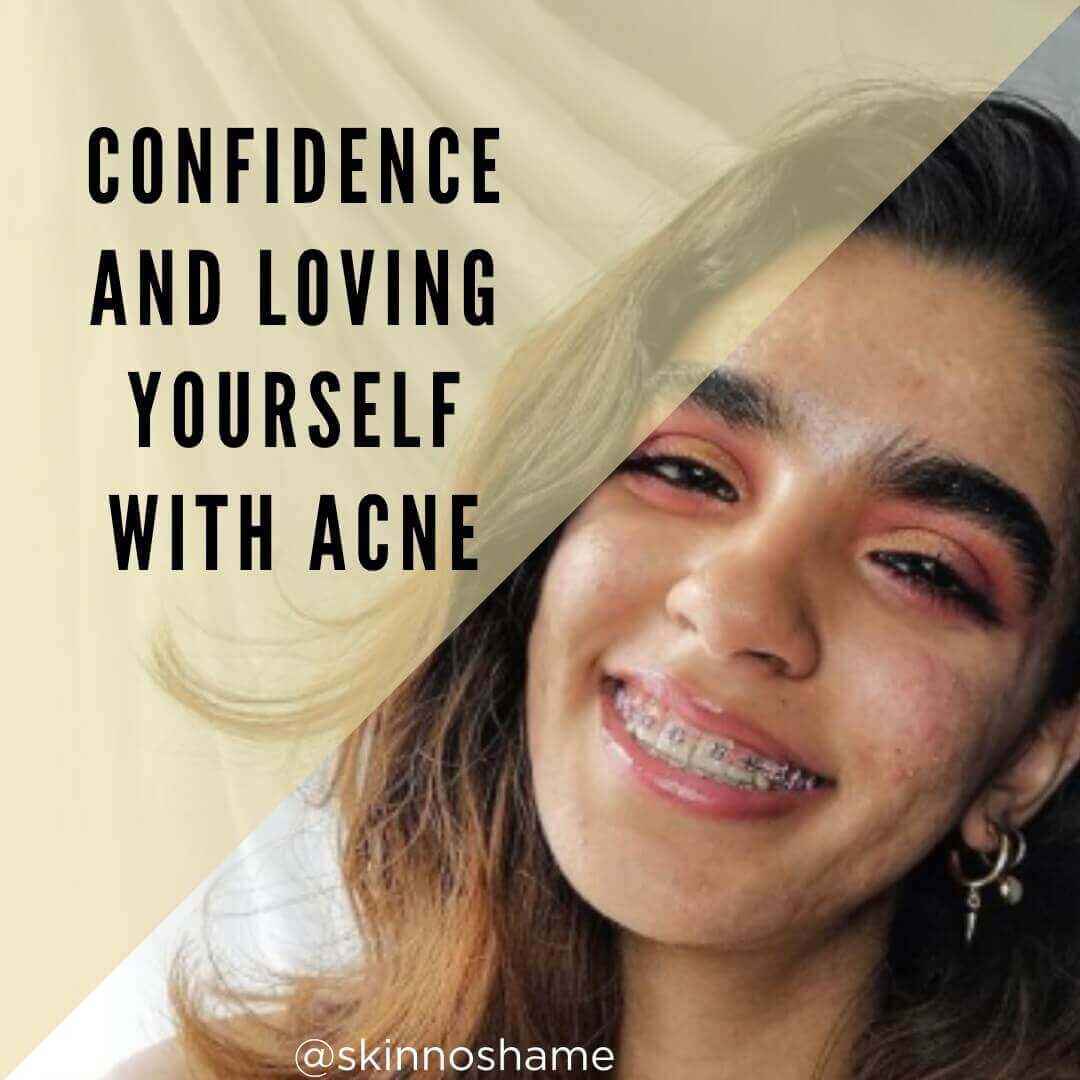
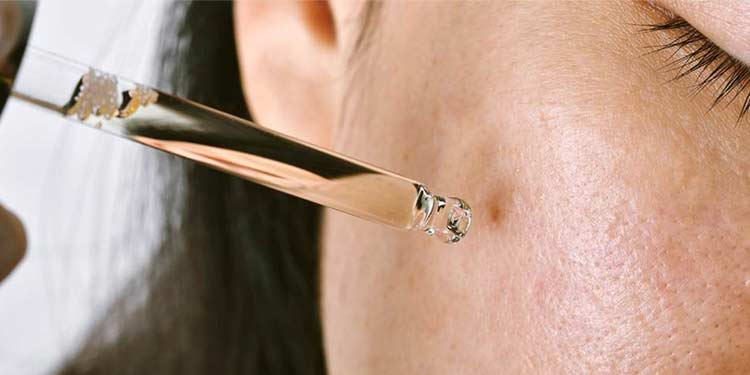
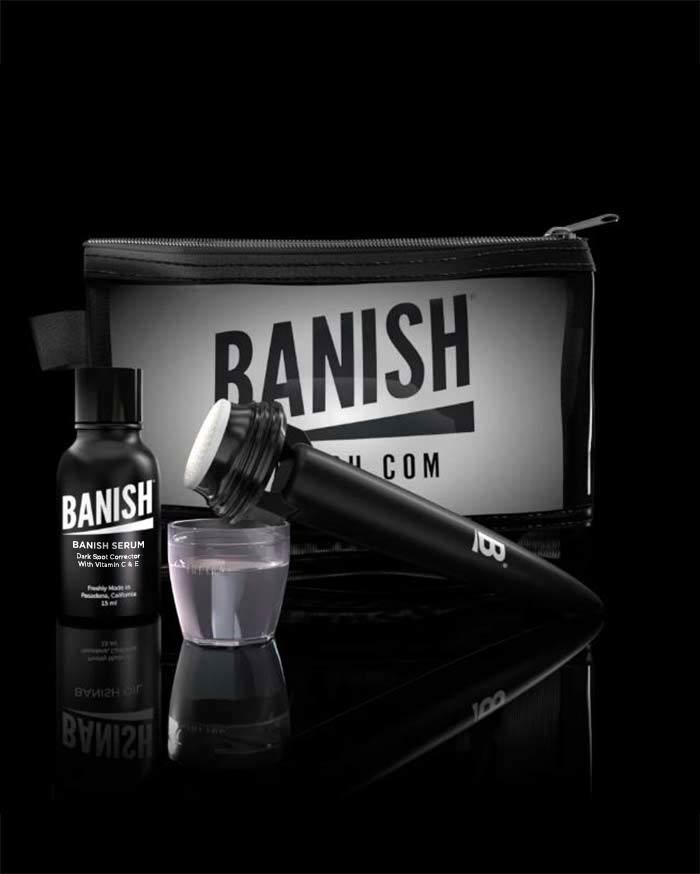
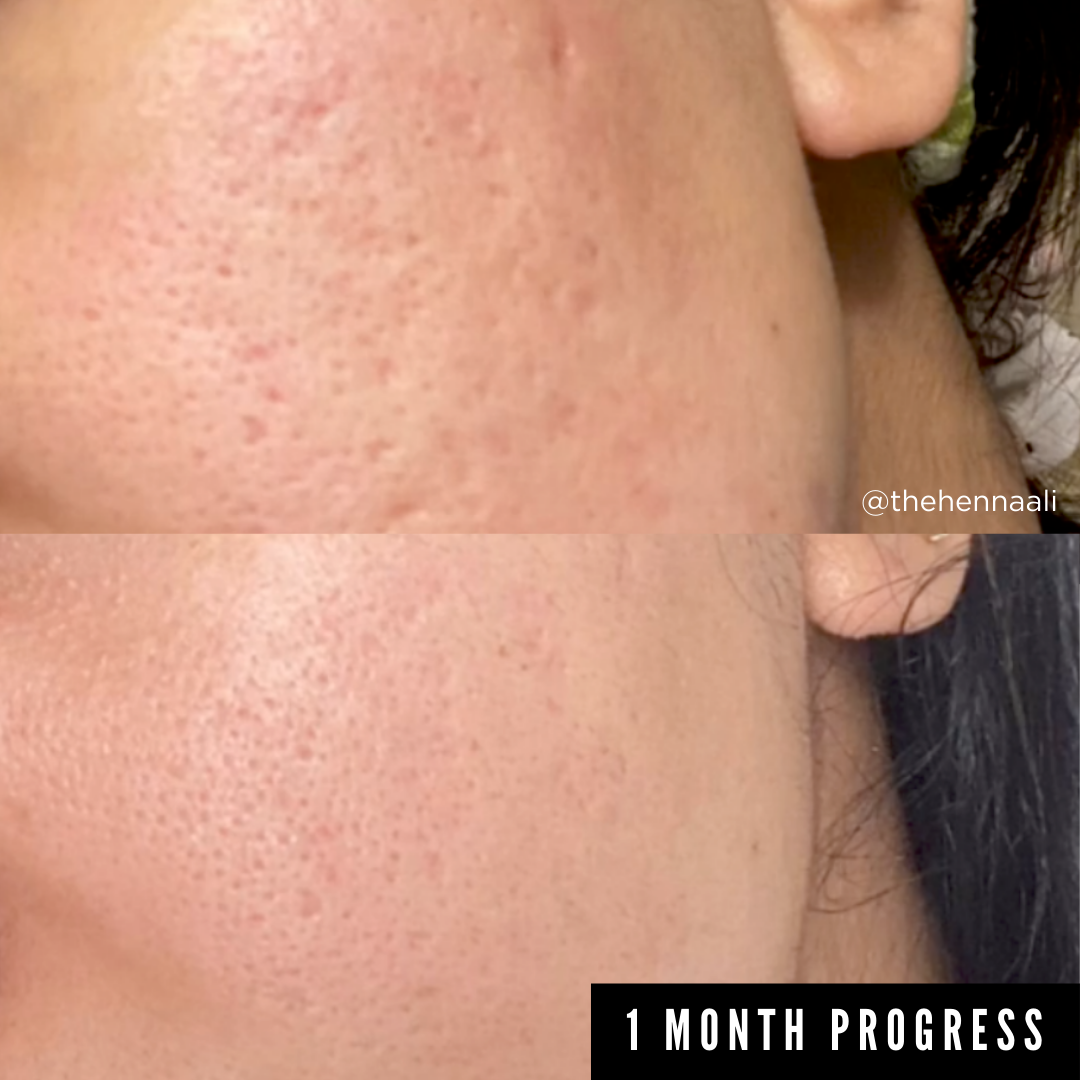
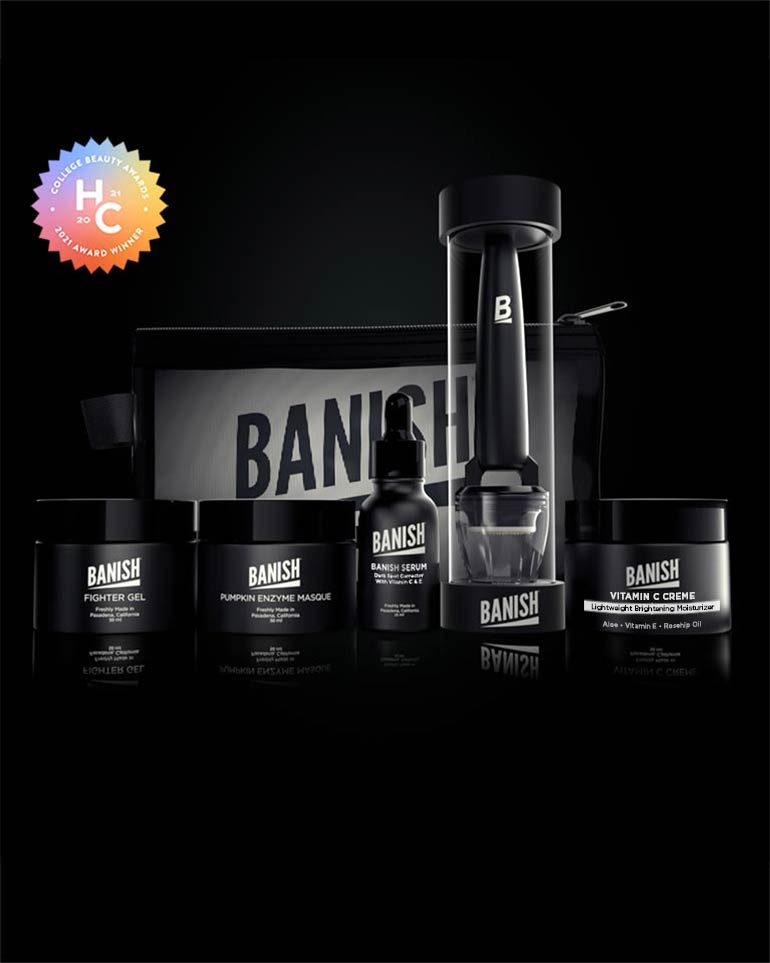
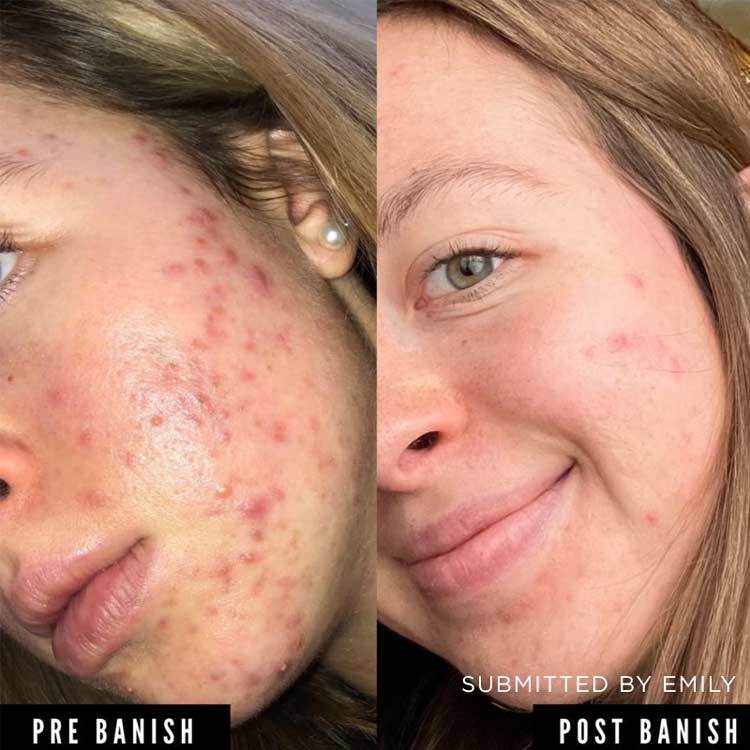
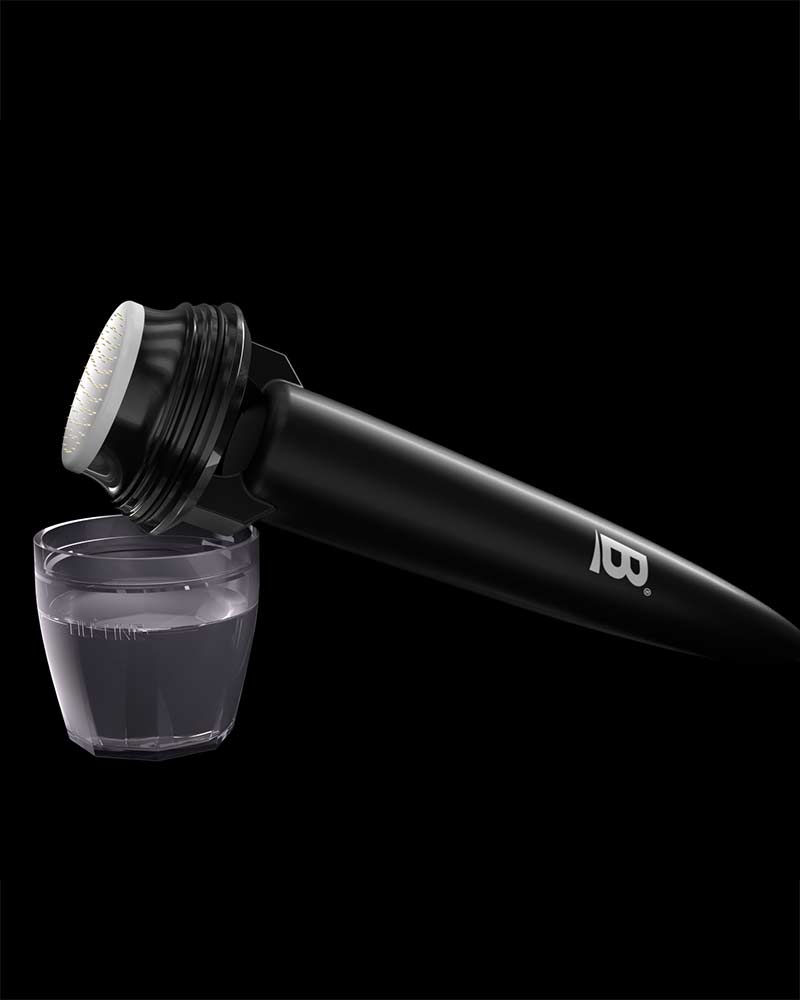
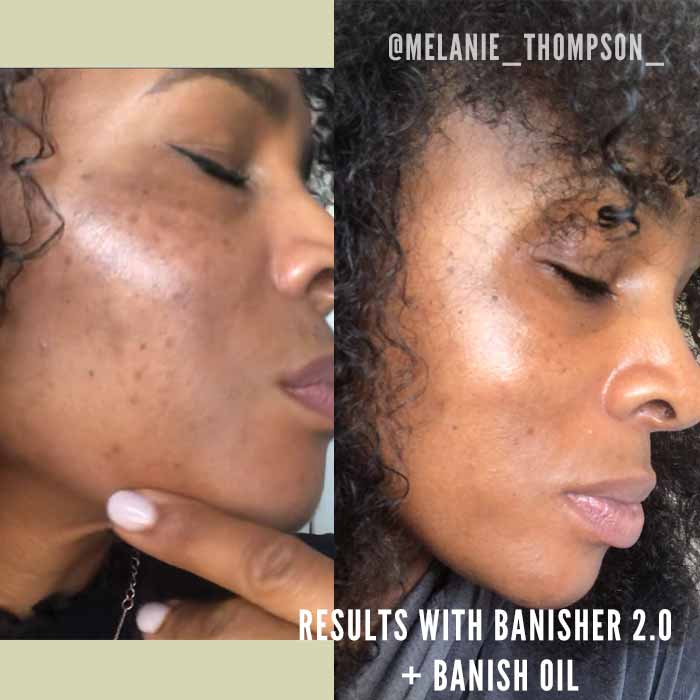
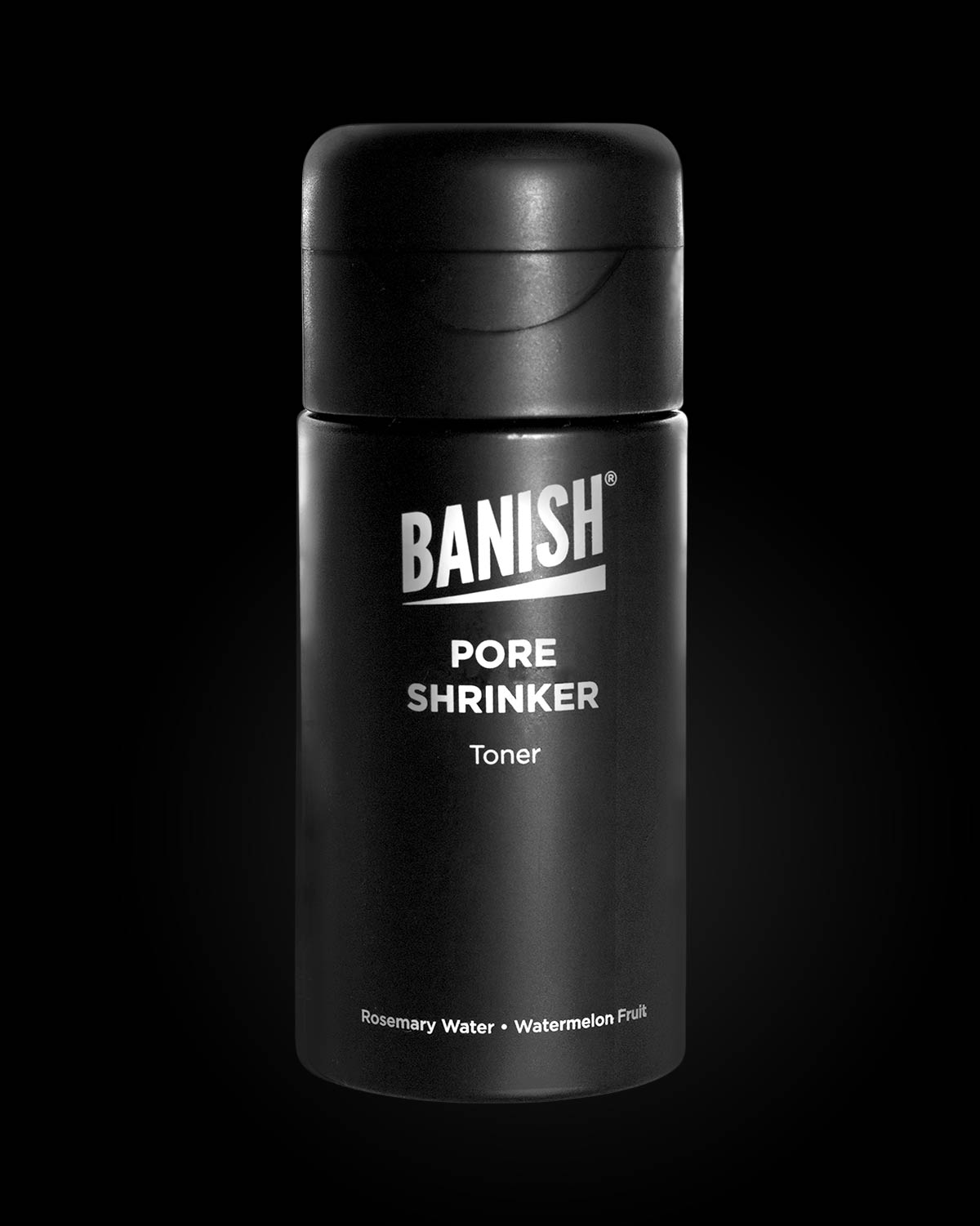
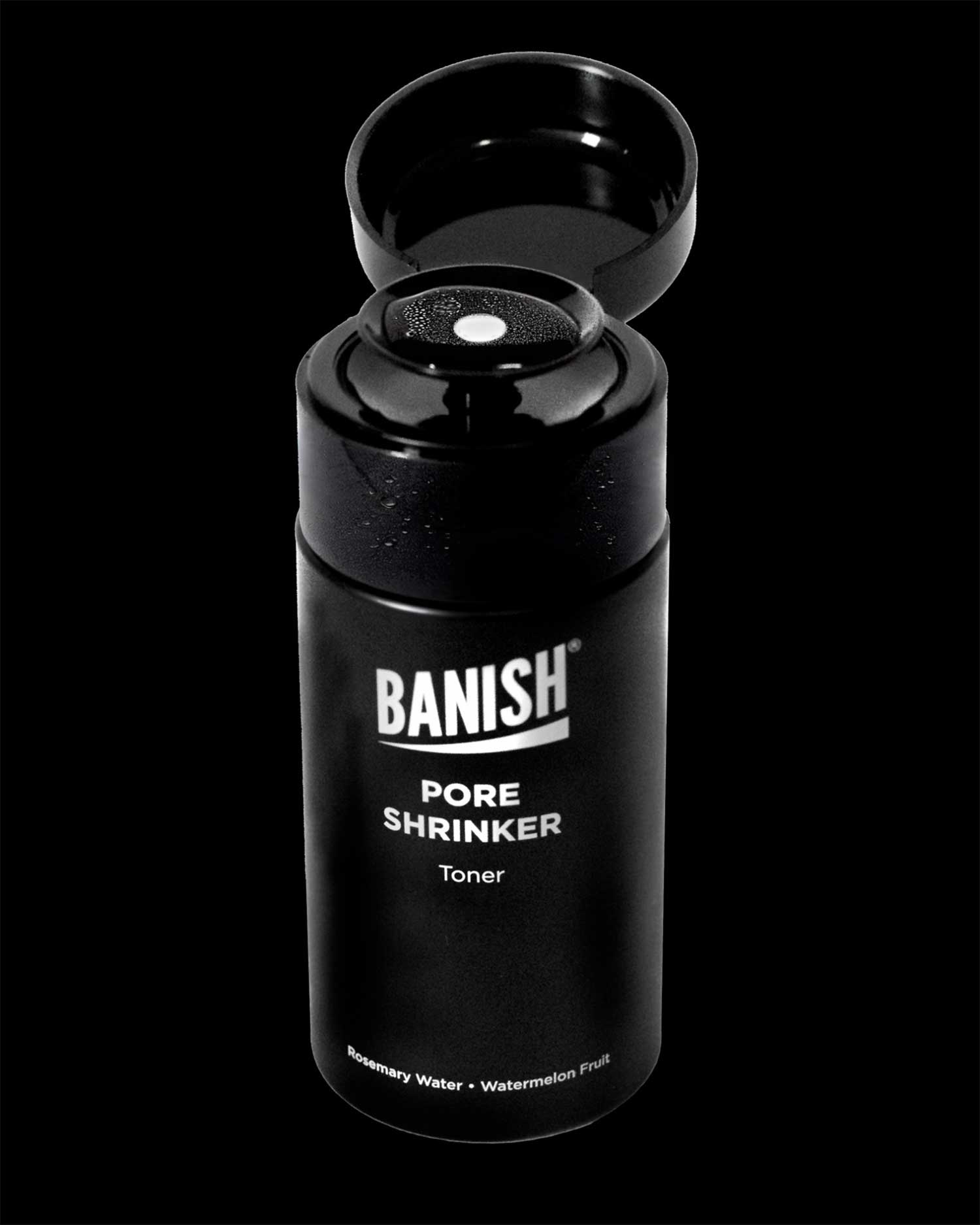


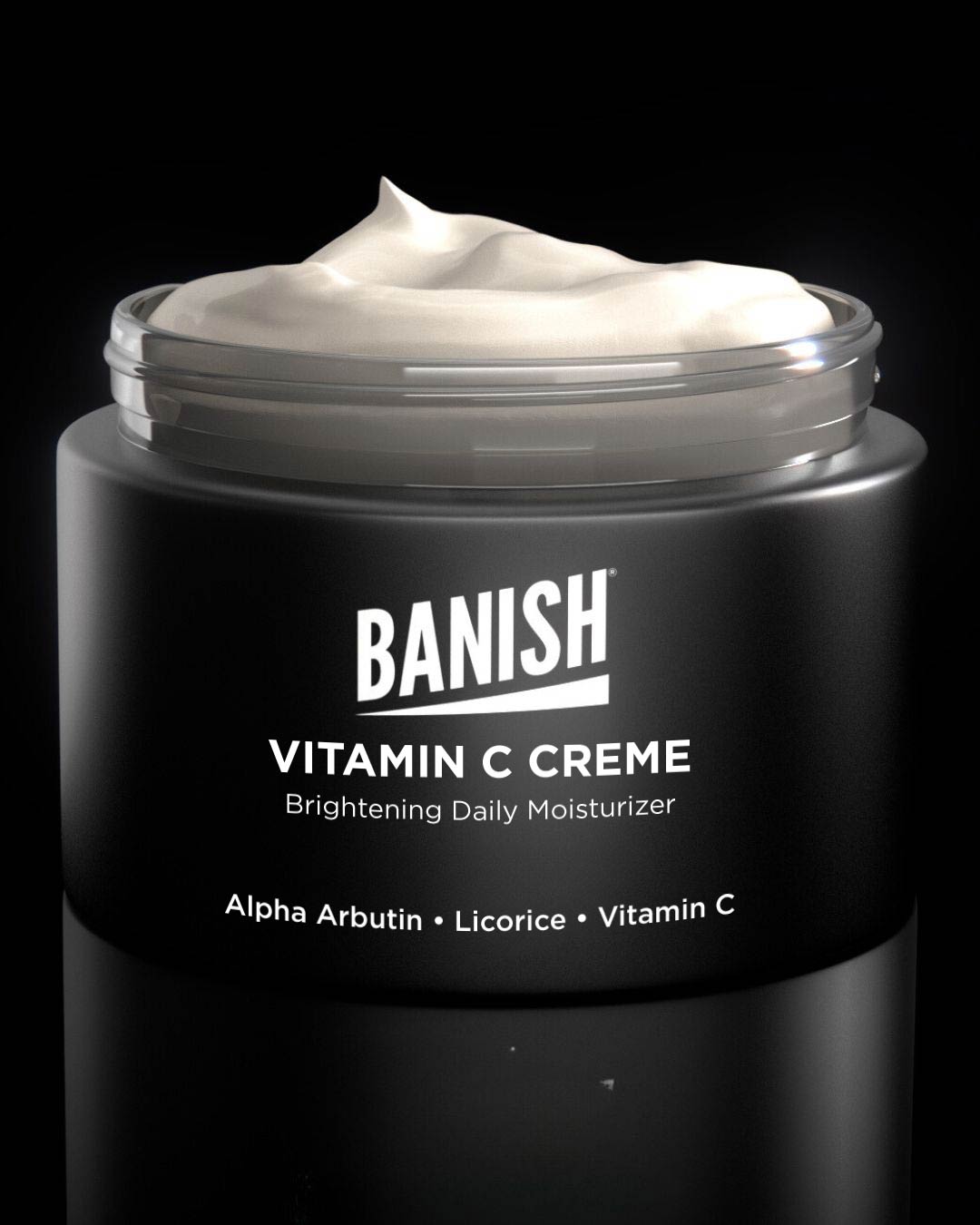
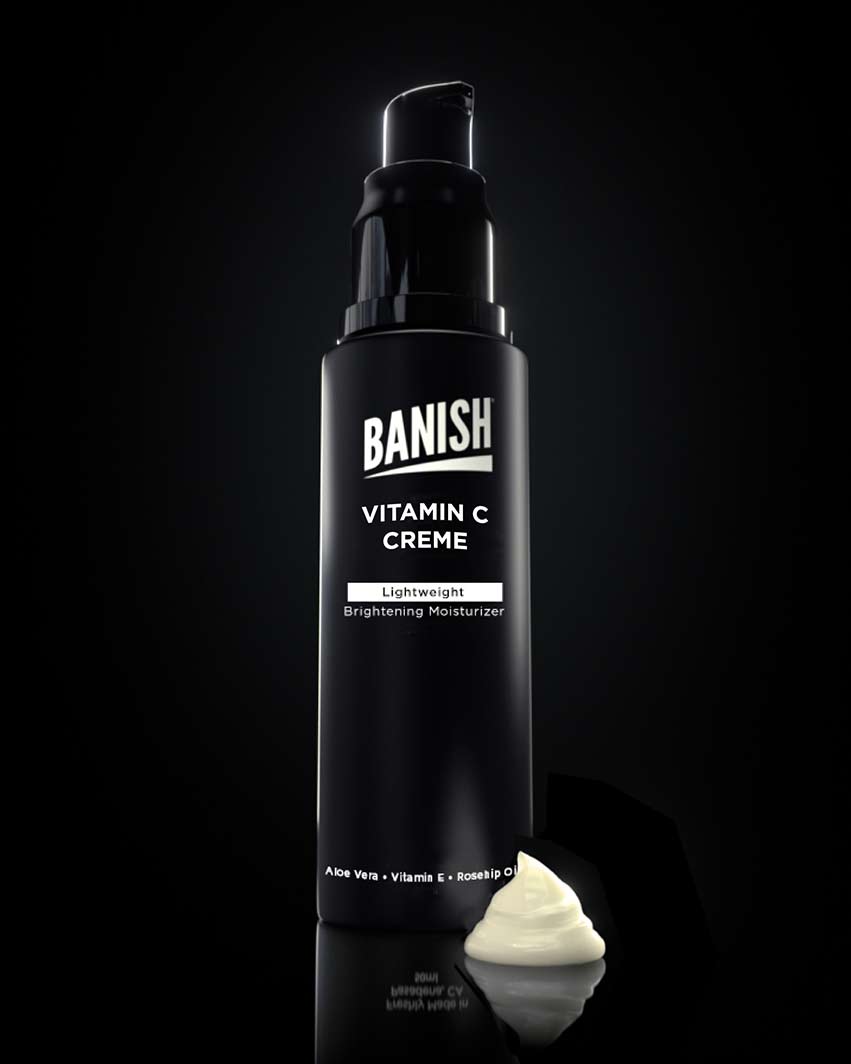
1 comment
SunKiss FZ LLC
the information you have updated is very good and useful, please update further.
Leave a comment
All comments are moderated before being published.
This site is protected by reCAPTCHA and the Google Privacy Policy and Terms of Service apply.